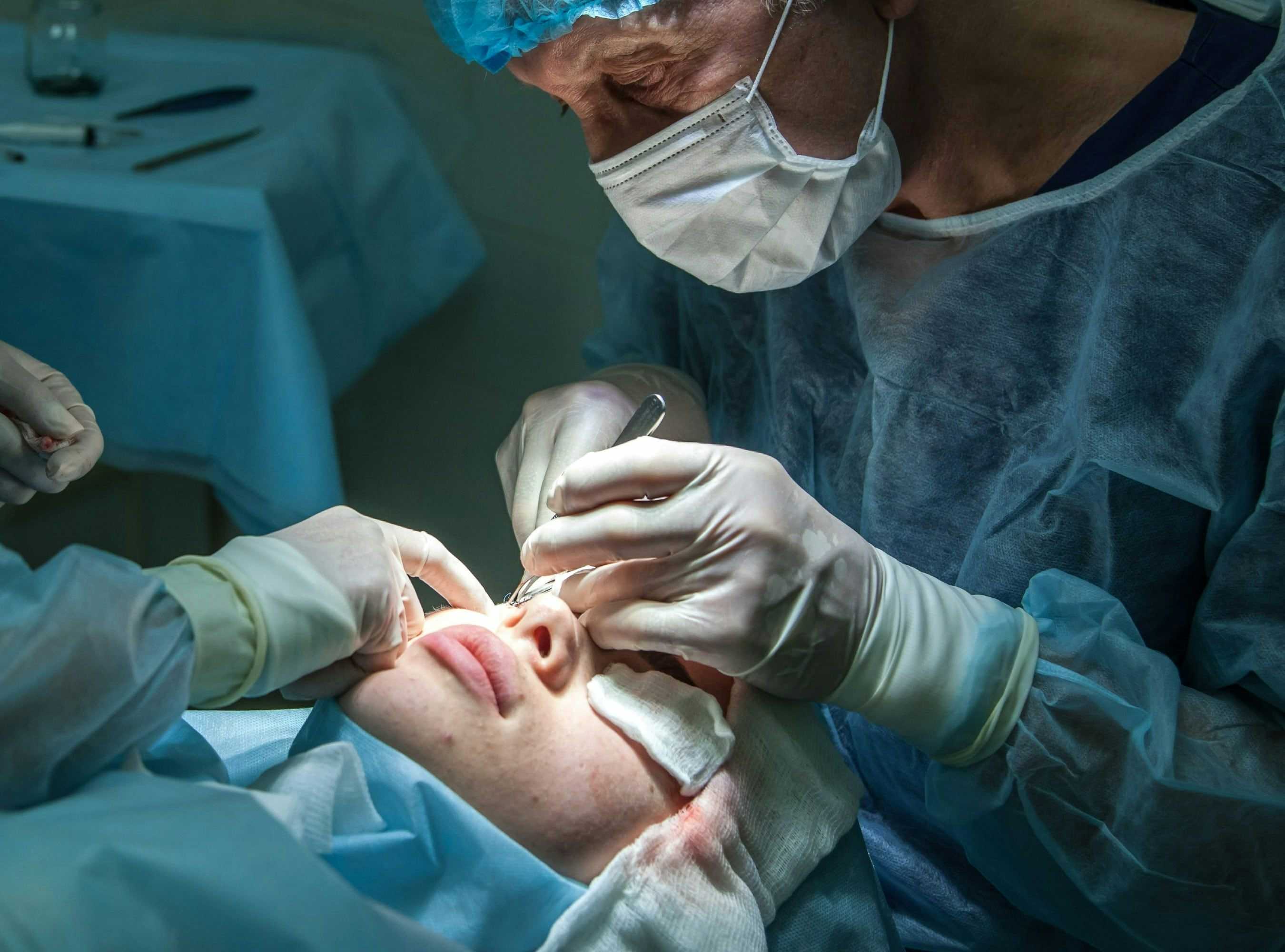The patient was brought by ambulance to a local emergency room and a CT scan was ordered stat. The stat CT was canceled however because the patient’s symptoms were attributed to a scopolamine patch. The patient was kept in the emergency room overnight for observation. In the middle of the night, a physician’s assistant became concerned about the patient’s symptoms. The patient then underwent a stat CT scan and further neurological imaging which revealed an embolic cerebral vascular accident. An expert neurologist with specific expertise in vascular disease was sought to opine on managing a facelift patient who presents with postoperative neurologic sequelae.
Question(s) For Expert Witness
1. Please describe your experience in diagnosing and managing patients with neurovascular disease.
2. What are some of the postoperative neurologic sequelae that a patient might experience following a facelift?
3. What are some of the modalities used in neurological work up of patients with suspected CVA.
Expert Witness Response E-010203
I am board-certified in vascular neurology (stroke), and I directed a comprehensive stroke center in New England for almost 15 years. I am initiating a neurohospitalist division at a regional neuroscience institute. About 60% of my clinical practice is based in the hospital, largely in the care of acute stroke patients who are admitted to our neurology residents' teaching service at a well-known university. We also staff a vascular neurology fellowship at our major teaching hospital. As for this case, typically these patients are coming out of general anesthesia. Because they will initially be sedated, it makes diagnosing a stroke initially a challenge. They are also often subjecting to controlled hypotension by the anesthesiologist in order to minimize bleeding in the operative field. Patients who have just had surgery are at a modestly elevated risk for ischemic stroke also because longterm blood thinners are generally held a few days prior to surgery. The common non-invasive modalities are head CT and brain MRI scans, and their associated tests to assess the arterial treat, CT and MR angiography.
About the author
Wendy Ketner, M.D.
Dr. Wendy Ketner is a distinguished medical professional with a comprehensive background in surgery and medical research. Currently serving as the Senior Vice President of Medical Affairs at the Expert Institute, she plays a pivotal role in overseeing the organization's most important client relationships. Dr. Ketner's extensive surgical training was completed at Mount Sinai Beth Israel, where she gained hands-on experience in various general surgery procedures, including hernia repairs, cholecystectomies, appendectomies, mastectomies for breast cancer, breast reconstruction, surgical oncology, vascular surgery, and colorectal surgery. She also provided care in the surgical intensive care unit.
Her research interests have focused on post-mastectomy reconstruction and the surgical treatment of gastric cancer, including co-authoring a textbook chapter on the subject. Additionally, she has contributed to research on the percutaneous delivery of stem cells following myocardial infarction.
Dr. Ketner's educational background includes a Bachelor's degree from Yale University in Latin American Studies and a Doctor of Medicine (M.D.) from SUNY Downstate College of Medicine. Moreover, she is a member of the Board of Advisors for Opollo Technologies, a fintech healthcare AI company, contributing her medical expertise to enhance healthcare technology solutions. Her role at Expert Institute involves leveraging her medical knowledge to provide insights into legal cases, underscoring her unique blend of medical and legal acumen.



